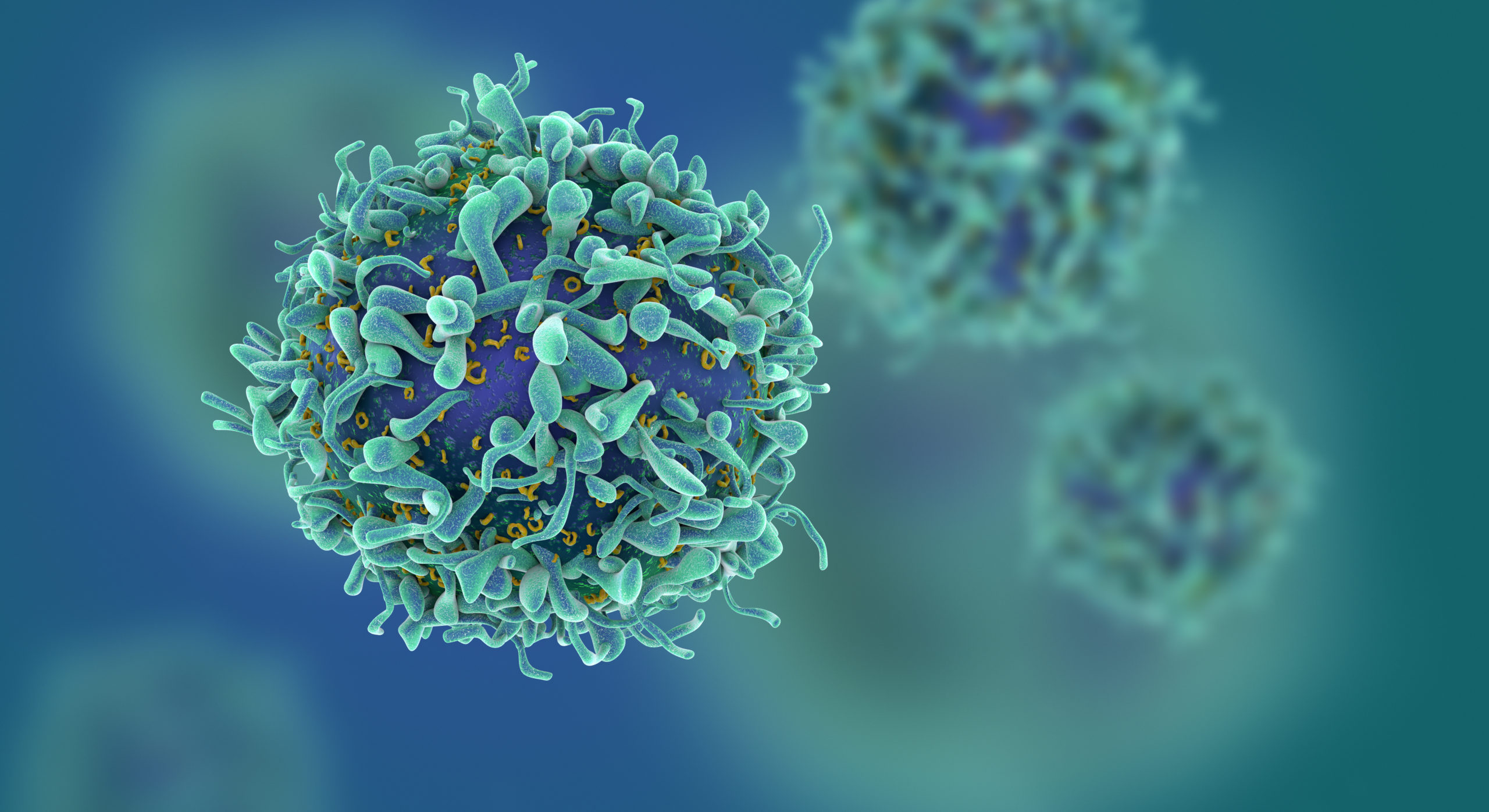Byline: Melissa Rohman
-

Novel Mechanism Regulates Essential Enzyme Production in Kidneys
Scientists have discovered previously unknown cellular mechanisms that regulate the production of renin, an essential enzyme in the kidney, findings that could improve the understanding of how the kidney regulates its function and how chronic kidney disease develops, according to a recent study published in Cell.
-

Hypervigilance, Anxiety Linked to Poor Treatment Outcomes in Esophageal Disorder
Increased esophageal hypervigilance and anxiety were associated with worse post-treatment symptoms and poor quality of life in patients with achalasia, a rare esophageal motility disorder, according to a recent Northwestern Medicine study.
-

Targeting Aberrant Learning May Improve Parkinson’s Treatment
Northwestern Medicine scientists have discovered that targeting neuronal signaling controlling aberrant learning in the striatum may improve the efficacy of a first-line therapy for Parkinson’s disease and has the potential to reduce therapy-related side effects, according to a recent study published in Science Advances.
-

2025 in Scientific Imagery
From elucidating cellular mechanisms underlying tissue regeneration to developing novel biomaterials to improve organ function, Feinberg investigators have provided stunning new snapshots of biological processes invisible to the naked eye.
-

Common Virus ‘Rewires’ Intracellular Mechanisms to Promote Infection
Investigators from the laboratory of Derek Walsh, PhD, have discovered how human cytomegalovirus rewires intracellular mechanisms to control the movement of the cell nucleus and promote infection, according to a recent study.
-

Noninvasive Treatment Boosts Immune Response Against Glioblastoma
Northwestern Medicine scientists, along with collaborators from the Washington University School of Medicine, have developed a noninvasive nanomedicine approach that may improve the treatment of glioblastoma, according to a recent study published in the Proceedings of the National Academy of Sciences.
-

Beidas Elected Co-Editor-in-Chief of Implementation Science
Rinad Beidas, PhD, the chair and Ralph Seal Paffenbarger professor of Medical Social Sciences, has been elected the next co-editor-in-chief of Implementation Science, the field’s flagship journal, effective January 1, 2026.
-

Novel Biomarker May Predict Immunotherapy Resistance
Northwestern Medicine scientists have identified a novel biomarker for immune immunotherapy resistance in cancer that may also serve as a potential therapeutic target for patients who don’t respond well to immunotherapy, according to a recent study published in The Journal of Clinical Investigation.
-

Study Identifies Misleading Genomic Sequences of Bacteria Causing Gonorrhea
Northwestern Medicine investigators have identified issues with most genomic sequence data for the Neisseria gonorrhoeae bacterium, findings that could complicate future epidemiological and pathogenesis studies, according to a recent study published in the Journal of Infectious Diseases.
-

Hormone Therapy Does Not Increase Cardiovascular Disease Risk in Younger Postmenopausal Women
While menopausal hormone therapy increased cardiovascular disease risk in postmenopausal women older than 70 years with vasomotor symptoms, hormone therapy did not significantly affect cardiovascular disease risk in younger postmenopausal women, according to a recent study published in JAMA Internal Medicine.




